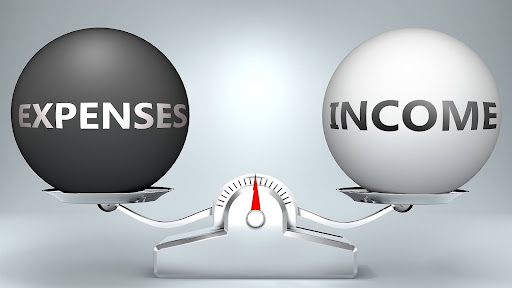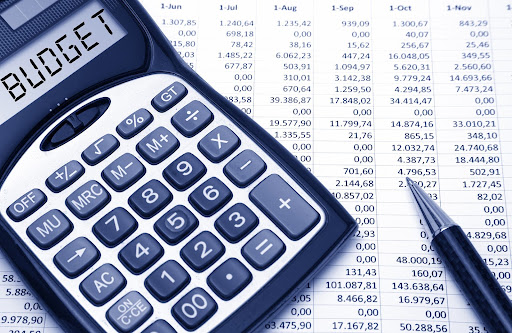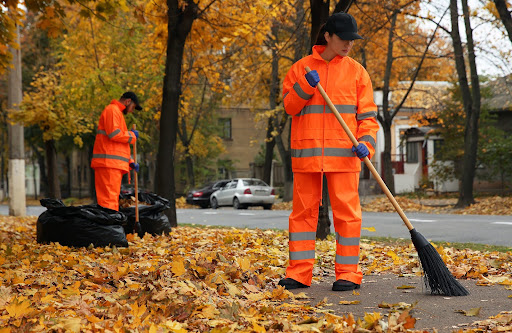What Is A Condo Reserve Study For?
A condo reserve study is a valuable tool that condominium associations should use to protect financial health. Reserve studies allow the condo board to plan for the future. They can prevent unnecessary special assessments or significant increases in condo fees.
What is a Condo Reserve Study?
A condo association reserve study is a detailed analysis of a community’s finances and assets. It reviews the current reserve fund and inspects physical assets. This inspection helps estimate each component’s useful life and the cost of repairs or replacements.
The reserve study helps prepare the condo association for future expenses. It estimates when assets will need repairs or replacements and the related costs. Based on this, a funding plan outlines how much the association must save annually to meet these financial obligations.
Without a reserve study, associations can be caught off guard by asset failures. This could lead to sudden, significant increases in dues or large special assessments.
Parts of a Condominium Reserve Study
A condo reserve study has two parts: a physical and financial analysis.
- Physical Analysis. The physical analysis inspects the association’s assets, mainly common elements, evaluating their condition, lifespan, and replacement costs.
- Financial Analysis. The financial analysis reviews the current reserve funds. It calculates how much the condo should save to cover repair and replacement costs due to wear and tear. A funding plan ensures the condo has enough funds for these expenses.
Condo Reserve Study Requirements in Florida
Certain requirements apply to reserve studies for condo associations, which will depend on state laws and the condo’s governing documents.
After the 2021 collapse of Champlain Towers South, Florida introduced stricter requirements for condo associations. A structural integrity reserve study (SIRS) must be completed by December 31, 2024. Unlike a typical reserve study, a SIRS focuses on the physical condition and strength of the building.
Milestone Inspections
Buildings must also undergo milestone inspections. For those three miles or more from the coastline, this must happen by the end of their 30th year after receiving a certificate of occupancy.
The milestone inspection must occur by the end of their 25th year for buildings within three miles of the coastline. After that, inspections for both building types must occur every 10 years. Buildings with three or fewer stories are exempt.
Accounting Records
Section 718.501(1)(c) requires associations to keep reserve studies for at least 14 years. Accounting records should also include financial reports, statements, reviews, and audits.
Condominium Financial Reporting Rules
Section 718.111(13) requires associations to present a summary of reserves in financial reports and estimate how much it will need annually to fully fund reserves for each item using the straight-line accounting method.
Annual Budget Requirements
Section 718.112(f)(2) mandates that the association’s budget includes reserves for items with replacement costs of more than $10,000, based on the latest reserve study.
Suppose an item is not listed in the most recent reserve study. In that case, the association must calculate the reserve amount based on the asset’s estimated remaining useful life and the cost of replacement or deferred maintenance. This rule applies even if a reserve study has not yet been completed.
Every year, the association must adjust reserve assessments to reflect changes in asset condition or maintenance costs. From December 31, 2024, associations can no longer vote to waive or underfund reserves.
Study Frequency
Condo associations in Florida must complete a structural integrity reserve study by December 31, 2024. Starting in 2025, they must use this study to inform their annual budget. Additionally, milestone inspections are required every 10 years after the first inspection, at the 30th or 25th year, depending on the building’s proximity to the coastline.
No Waiving
Previously, associations could waive reserve funding with a majority vote. However, under the new law, associations can no longer vote to waive or reduce reserve funding.
How Much Does a Condo Reserve Study Cost?
A full reserve study is the most expensive since it includes a site inspection and a 30-year funding plan. An updated study with a site visit is cheaper but requires a new 30-year plan. The least expensive option is an update with no site visit.
Costs vary based on service levels, location, and other factors. Typically, reserve studies cost between $500 and $10,000.
How a Condo Reserve Study Prevents Increased Fees
A reserve study helps prevent dues increases and special assessments in a condo association by providing a detailed roadmap for future financial planning. It analyzes the association’s physical assets and determines how long these components will last before they need repairs or replacements. The study also estimates the cost of these repairs or replacements and provides a funding plan.
By regularly conducting a reserve study, the condo association can set aside small, manageable amounts of money each year into a reserve fund. This fund acts as a savings account for large-scale repairs or replacements. As a result, when these expenses arise, the association already has the money saved to cover the costs. This eliminates the need for sudden, drastic increases in dues or imposing special assessments on unit owners.
People prefer dues increases or special assessments, especially in large amounts. These unexpected costs can create tension within the community and even cause financial hardship for residents who need to prepare for large, one-time payments.
For the Benefit of Everyone in the Condo Community

A well-prepared condo reserve study can improve the association’s financial health by ensuring there is always enough money available to maintain the property. This helps maintain property values and keeps the community in good condition. In the end, a reserve study benefits everyone involved.
Freedom Community Management provides condo management services in Florida, including assistance with reserve management and planning. Call us at 904-490-8191 or contact us online to learn more!






















